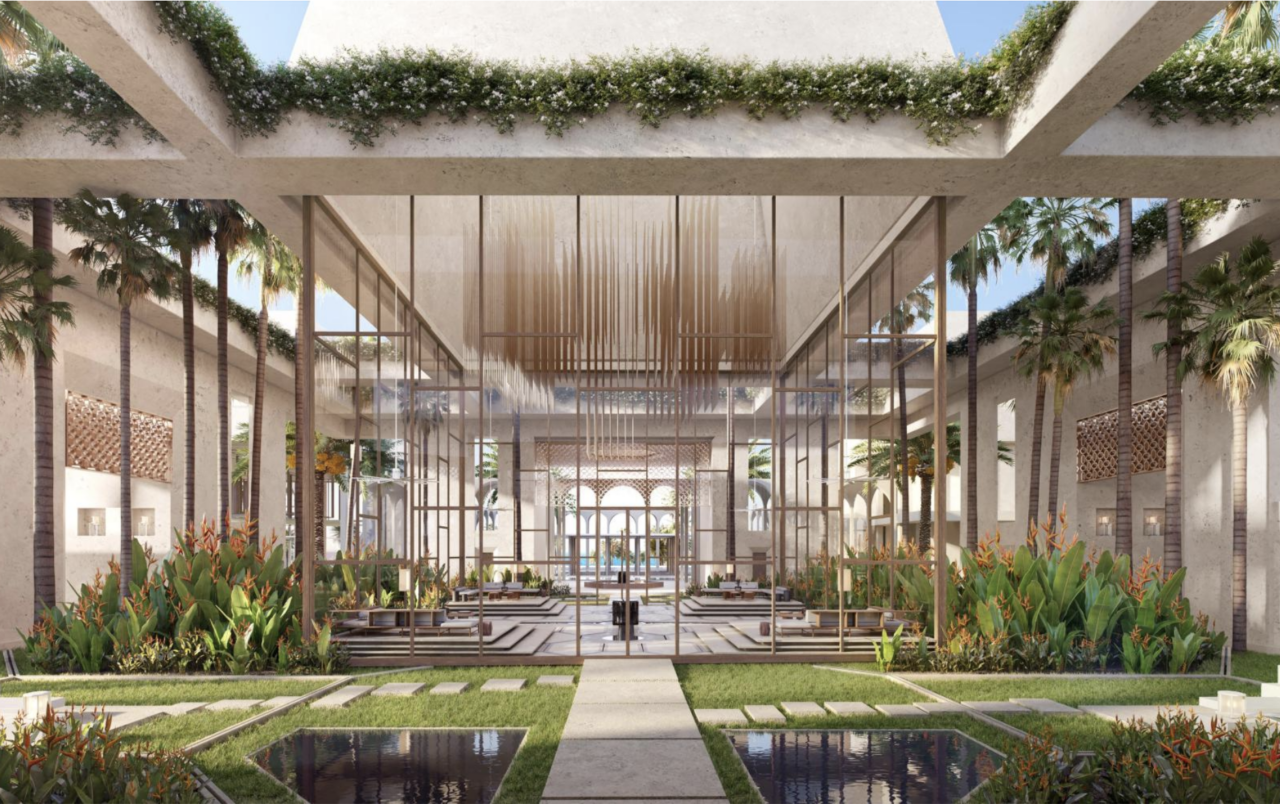Middle East Heats Up in Luxury Hotel Pipeline Competition

Skift Take
Hotel development in the Middle East is heating up as investors regain confidence in the region, and it’s a competition between who is more luxurious.
In February, for example, multi-project developer Red Sea Global announced its plans for building Clinique La Prairie Health Resort, a health and wellness-focused establishment in partnership with Swiss longevity clinic Clinique La Prairie. Red Sea Global is wholly owned by the Public Investment Fund of Saudi Arabia.
The development is part of Red Sea Global’s megaproject AMAALA, which is an upcoming ultra-luxury tourism destination being developed along the Red Sea coast in northwestern Saudi Arabia. Upon its completion in 2027, AMAALA will span over 4,000 square kilometers and be home to 25 hotels and approximately 900 luxury residential villas, apartments and estate homes. The first phase of development is expected to wrap up in mid-2024 and welcome guests to over 1,300 hotel rooms across eight resorts. Clinique La Prairie Amaala will be one of the eight.
“A
